Community: The Secret to Stopping Deforestation in Guatemala
The forest concessions of the Maya Biosphere Reserve have boasted a near-zero deforestation rate for 20 years.
Home / Regions / Central America & Mexico / Page 4
Mexico and Central America are world leaders in granting land rights to local and indigenous people—a crucial step in protecting forests. But even with significant gains in rights, forest communities are facing threats from agricultural expansion, illegal loggers, and drug traffickers.
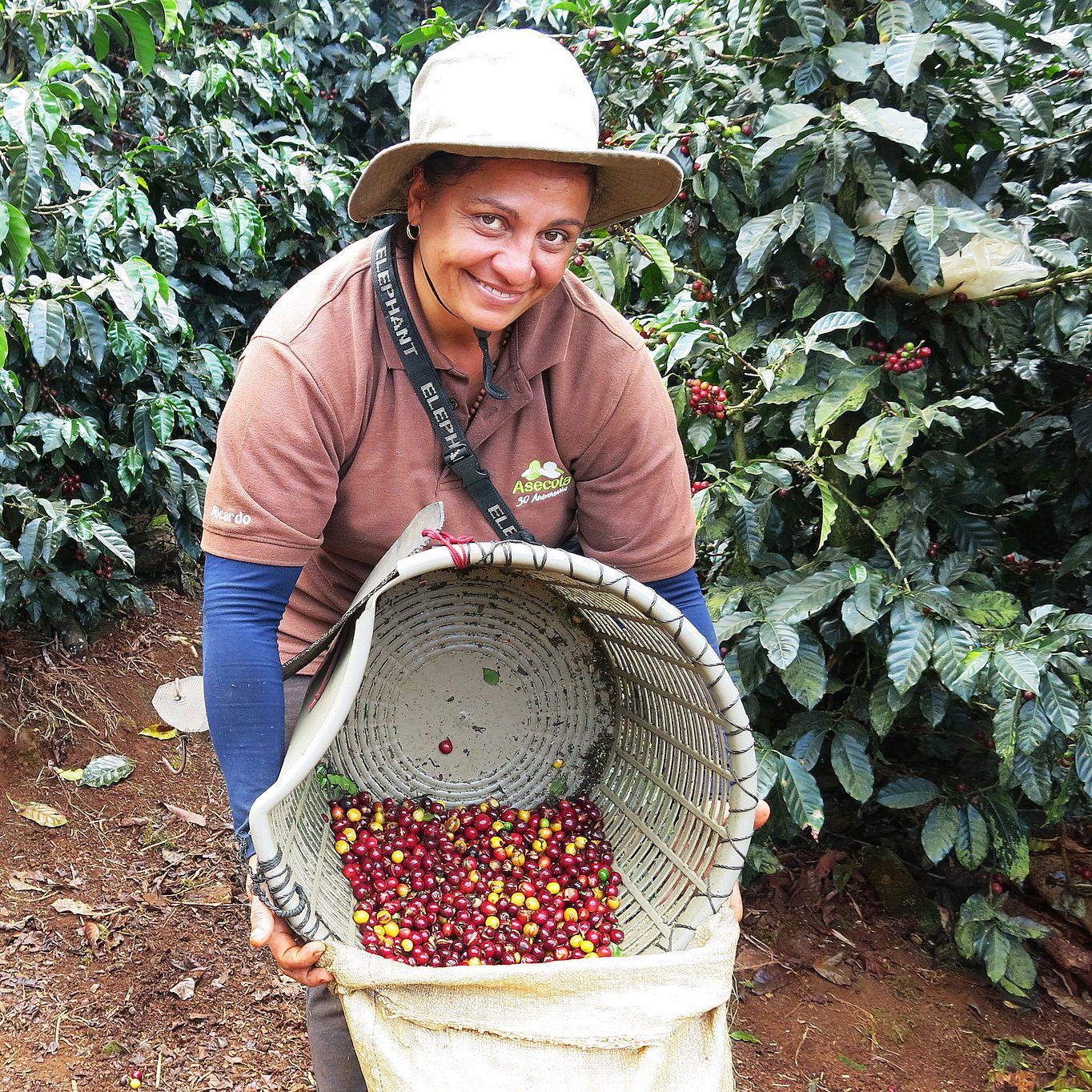
Farmers in Mexico and Central America are already dealing with the effects of climate change: shorter growing seasons, unpredictable rainfall, and a surge in plant diseases and pests. Crops like coffee and bananas could become rare delicacies in the future without bold climate action—but the livelihoods and well-being of farming communities are in jeopardy now.
Our impacts in Mexico and Central America are nothing short of stunning: In areas managed by our partner communities in Guatemala’s Maya Biosphere Reserve, for example, logging has remained at almost zero since 2001—remarkable given that adjacent areas suffer some of the worst deforestation rates in the Americas.
![]()
equivalent annual emissions of greenhouse gases removed from the atmosphere
We provided technical assistance to a group of coffee farmers in Oaxaca, Mexico, who launched an agroforestry project to remove 130,000 tons of greenhouse gas emissions (the annual emissions of 27,000 cars) from the atmosphere over 30 years through reforestation of degraded land.
![]()
have studied our environmental curriculum in Mexico and Guatemala
We not only provide training and curricula to teachers in southern Mexico and Guatemala, but we also help build local networks so educators can sustain this vital environmental education work in their communities for years to come.
In a region hard hit by climate change, the Rainforest Alliance focuses on advancing community forestry, sustainable agriculture, ecotourism, and environmental education to defend vulnerable landscapes and support rural communities.
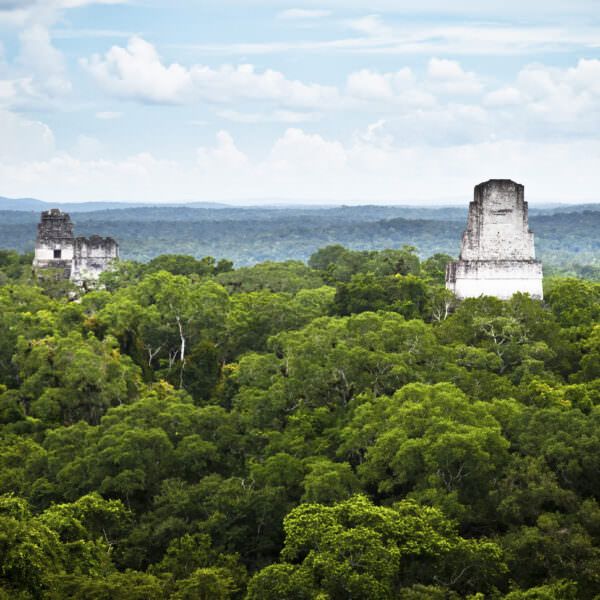
The forest concessions of the Maya Biosphere Reserve have boasted a near-zero deforestation rate for 20 years.
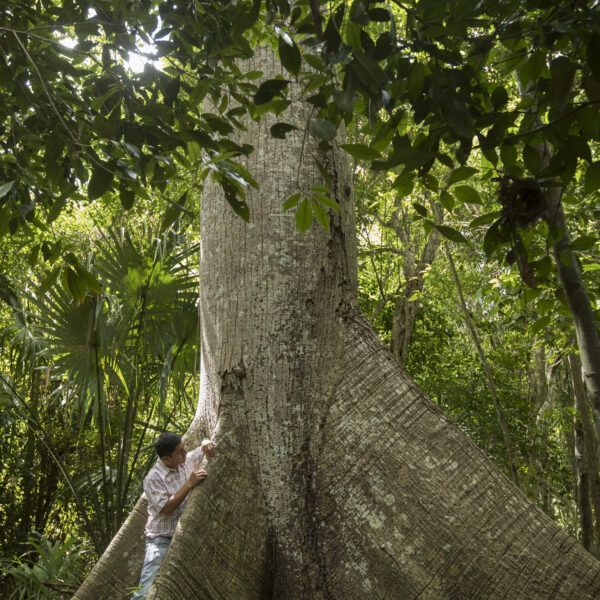
We are working to grow Mexico’s domestic market for sustainably produced products.
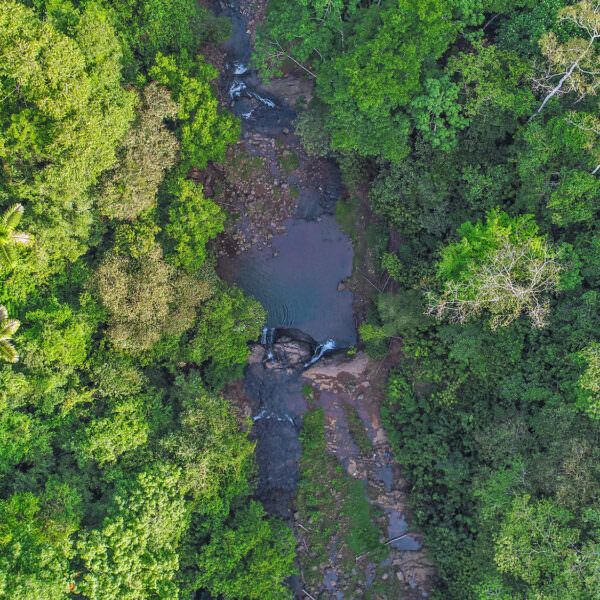
This farm doesn't just grow bananas–it's producing biodiversity, fresh air, and stronger soils.

Sustainably harvested wood is at the heart of this new business run by indigenous Maya women.

As part of the JDE Common Grounds program, the Rainforest Alliance conducted research to identify the top risks in the Guatemalan coffee sector. In 2022, the following risks were identified: child labor, gender equality, climate smart agriculture. In Guatemala, lack of education and high levels of poverty can push children into working before the legal […]
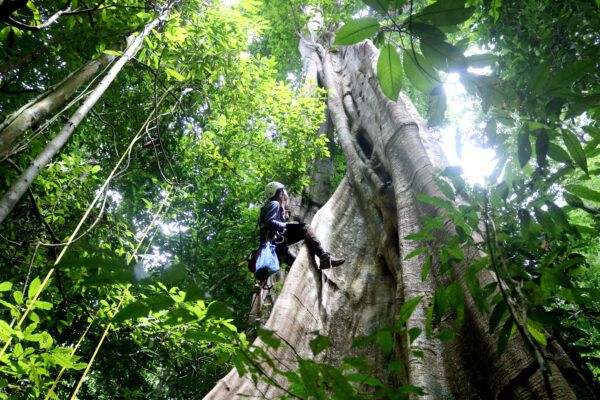
Meet three of the scientists whose work we have supported through the Kleinhans Fellowship for Community Forestry Research.... Continue Reading
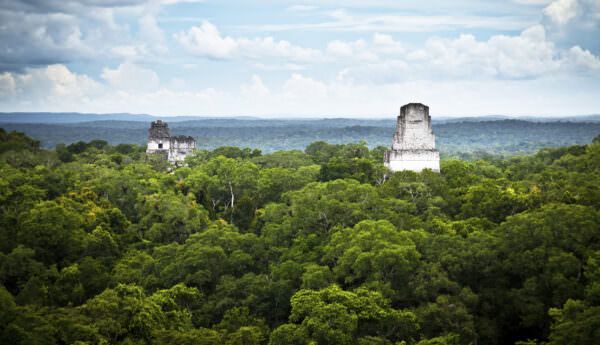
The forest concessions of the Maya Biosphere Reserve have boasted a near-zero deforestation rate for 20 years.... Continue Reading

This article published by the World Forestry Congress XV (Republic of Korea, 2022) summarizes the Rainforest Alliance’s work in the Maya Biosphere Reserve in Guatemala, our learnings, and our approach to scaling up community forestry. This paper aims to spark discussion about the guiding principles of integrated community forest management. The Rainforest Alliance invites partners […]
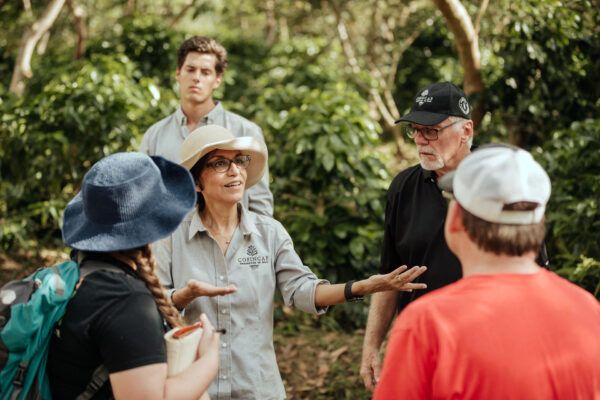
The Rainforest Alliance Certified coffee farm that María Esther Saut Niño owns with her husband has become a model for area farmers.... Continue Reading
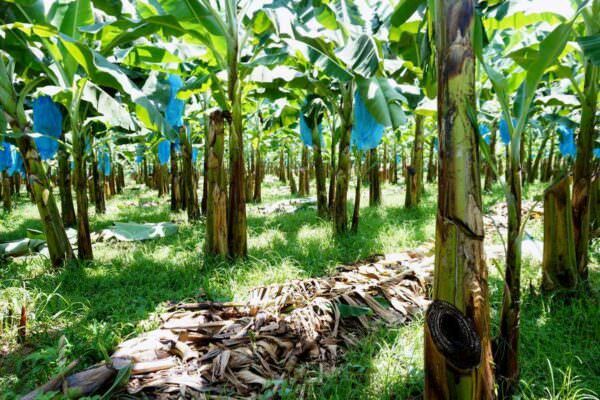
We applaud Oxfam’s important efforts to further the protection of human rights in global supply chains.... Continue Reading